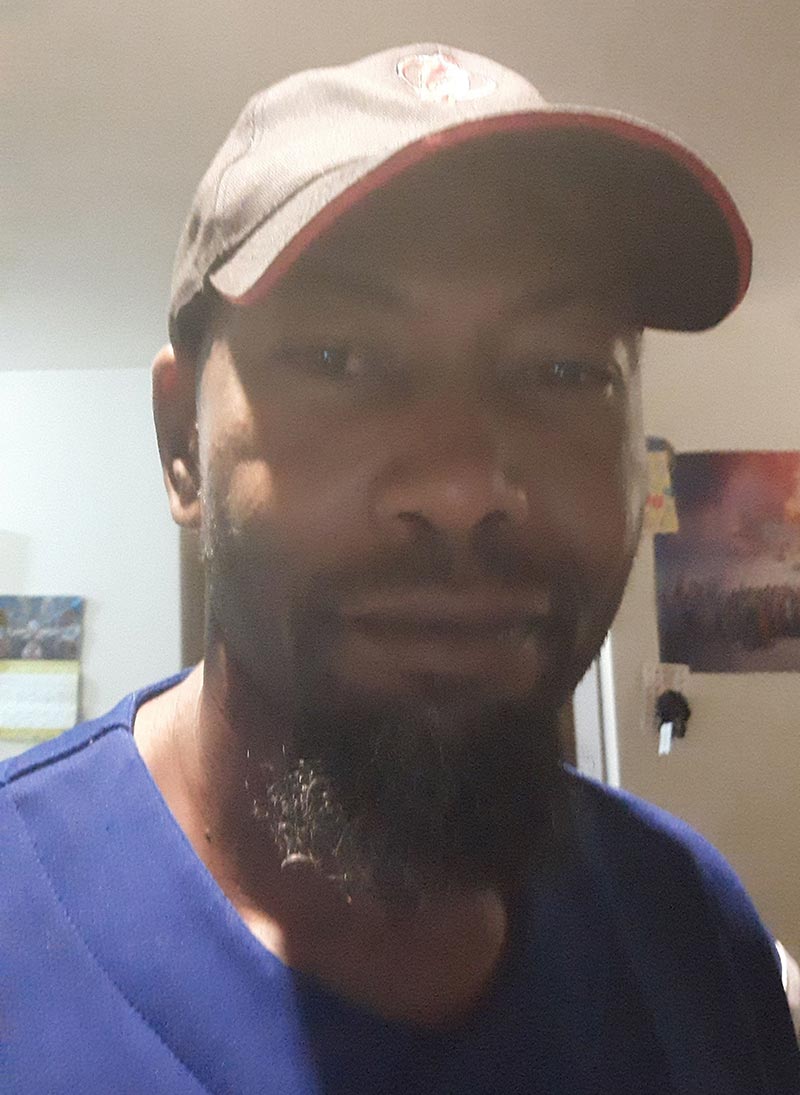
GEO Reentry Services is pleased to provide reentry programming that helps that people transition from a history of incarceration to becoming contributing members of their communities.
The story of Nathan T., an alumnus of GEO Reentry’s in-custody treatment program at the Southwestern Illinois Correctional Center in East St. Louis, represents a good example of what can happen when a program participant truly embraces the services offered.
Despite having retinitis pigmentosa, a disability that has caused 70% vision loss, Nathan overcame multiple obstacles to become an entrepreneur and to launch Humanity First, an organization for helping the homeless in the Illinois area.
After his release from SWICC, Nathan began his recovery by volunteering at homeless shelters and helping those struggling to get a new start in the community. Today, his organization is involved many initiatives for the local homeless population, including collecting donations of sleeping bags.
Starting at SWICC as an unwilling participant, Nathan later went on to enter SWICC’s Certified Associate Addictions Professional program and pass the test to become a certified addiction professional. Nathan said he credits SWICC’s CAAP Program Trainer KaShena McDonald for seeing him through the program.
“Nathan exemplifies the success of the CAAP program,” said Tim O’Boyle, Manager of Alumni Services for GEO Reentry. “We are so gratified to see him applying the principles he learned in reentry programming, taking it out into the community to help others.”
SWICC is a 763-bed minimum security facility for men, where GEO Reentry’s in-custody treatment model supports inmates through phases that promote increased levels of responsibility. Correctional agencies that employ GEO Reentry’s in-custody treatment services carefully select candidates for the program, who are housed away from the general prison population. Participants are directly involved in program delivery, leading group sessions, monitoring each other and resolving interpersonal conflicts.
Today, Nathan remains dedicated to his recovery and grateful to share the reentry tools he acquired at SWICC with those who need them most and says being given the grace to stay in recovery also helped him transcend the burden of his disability.
